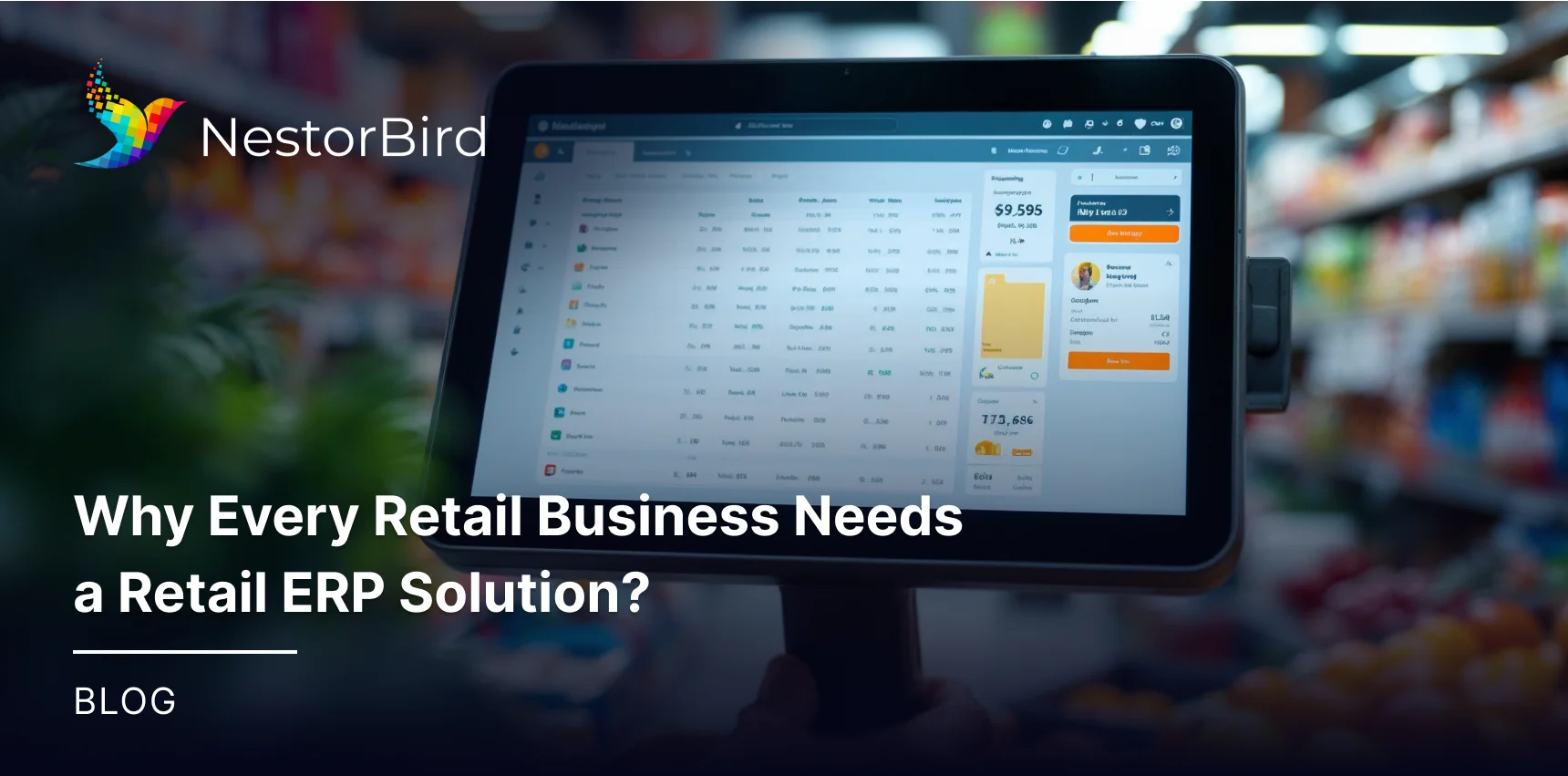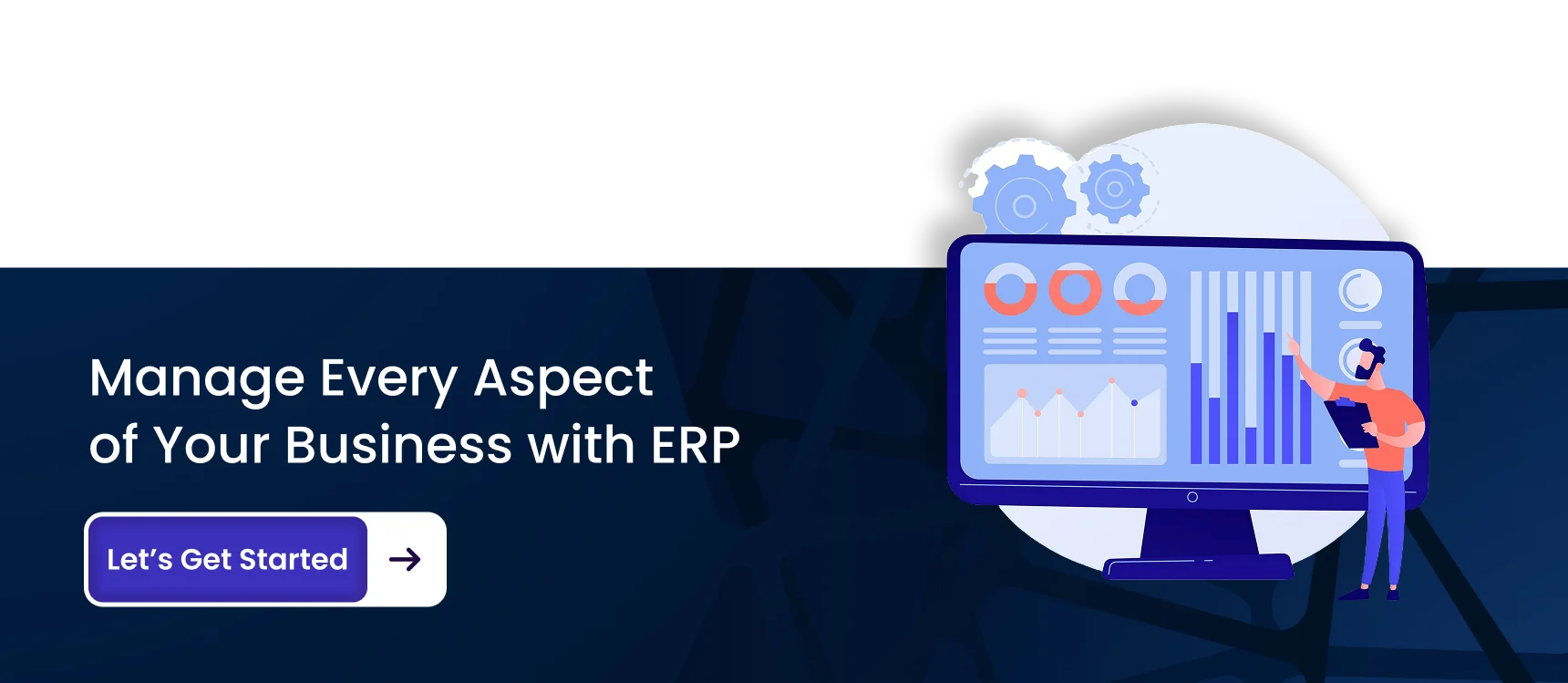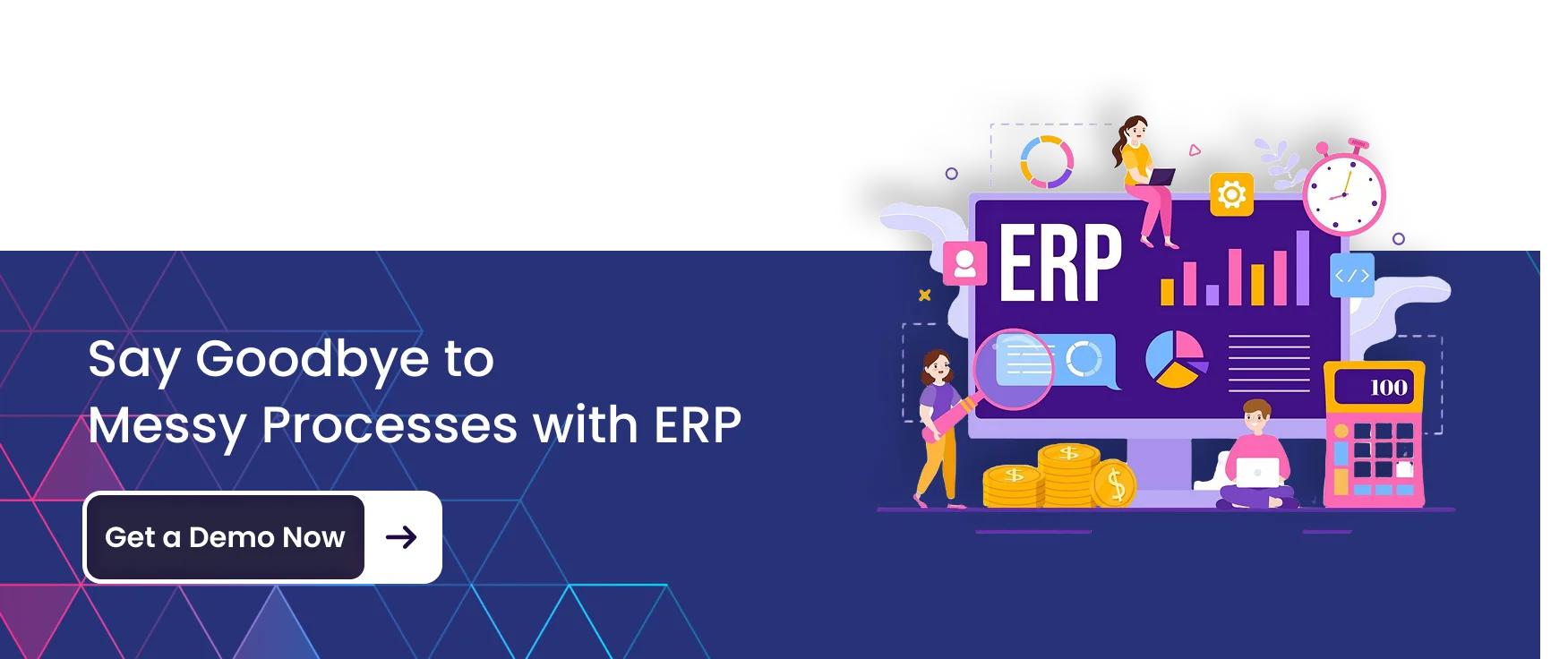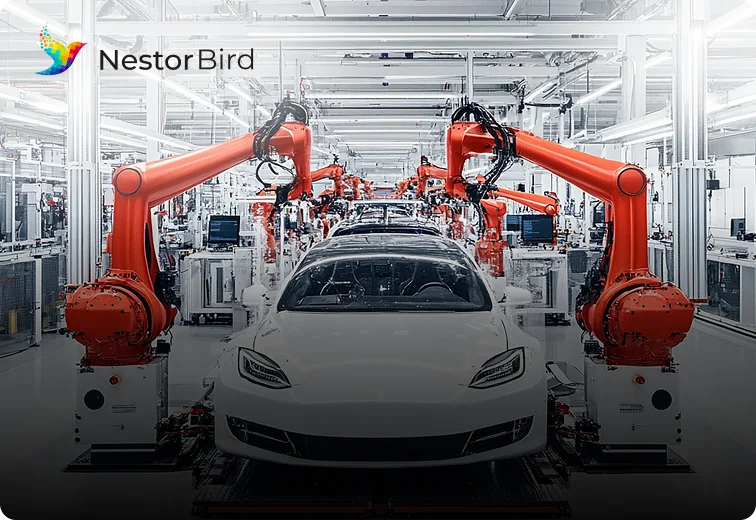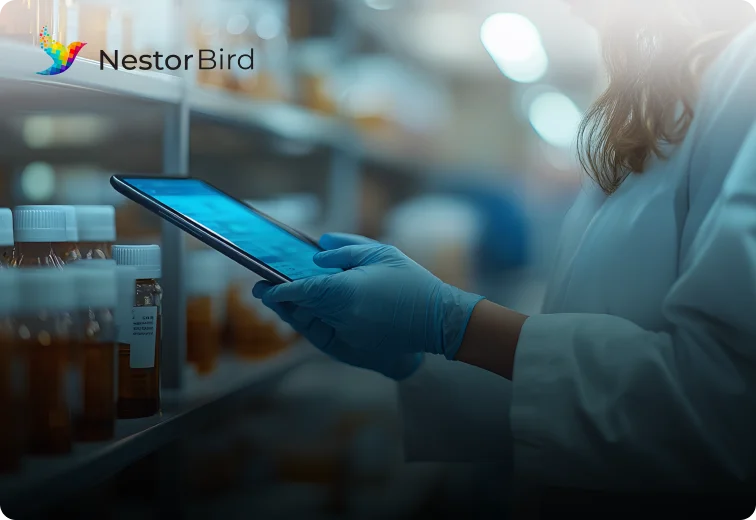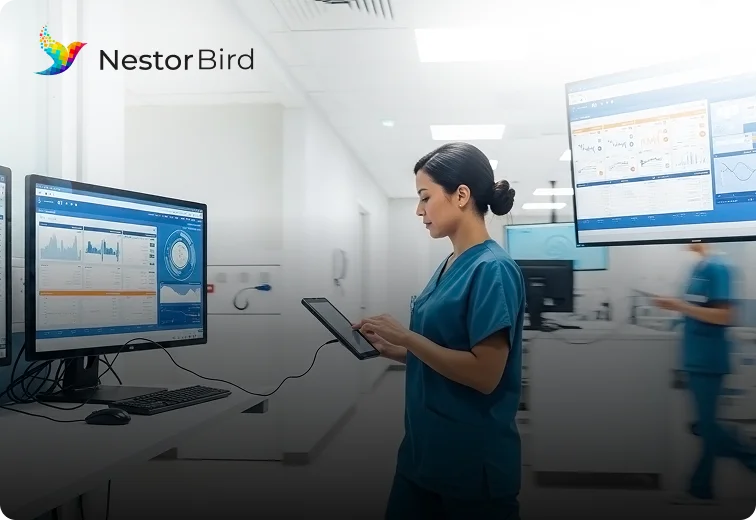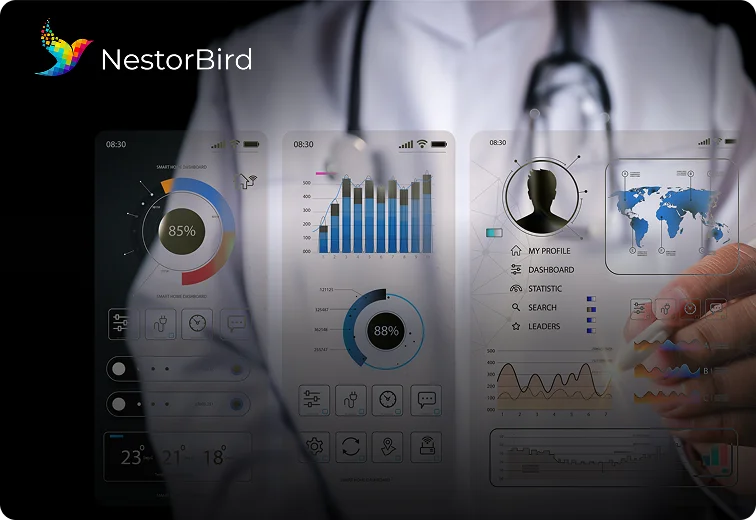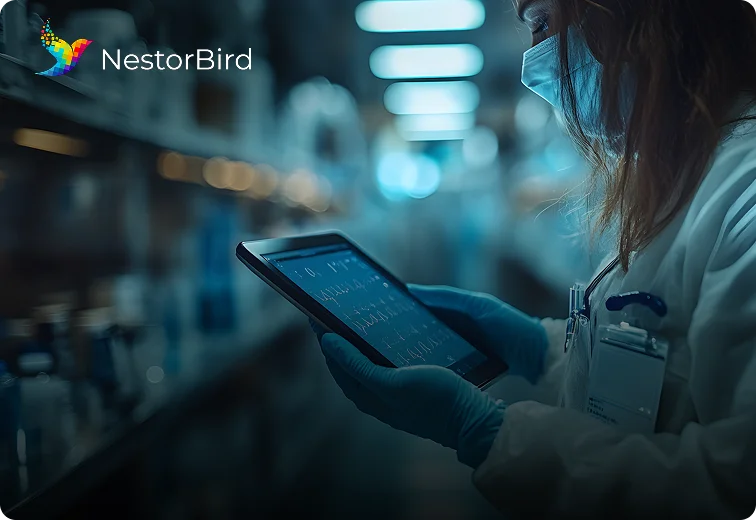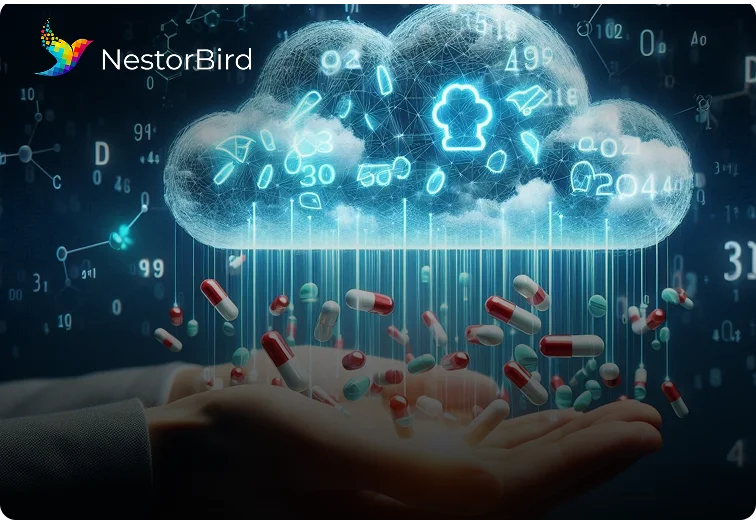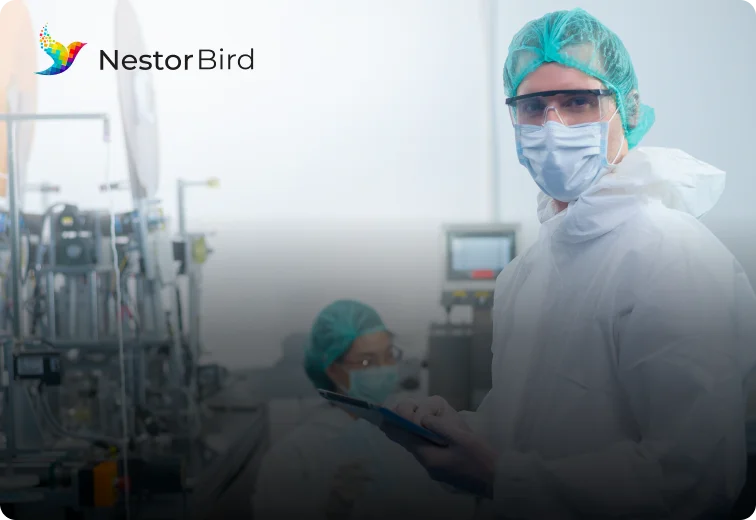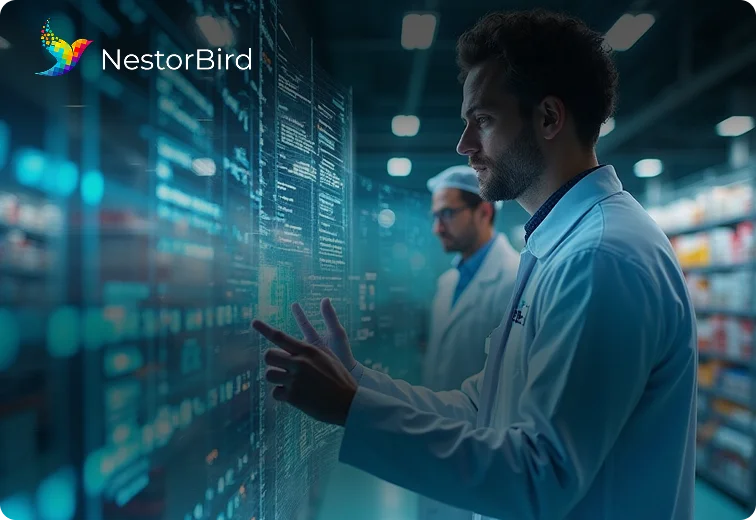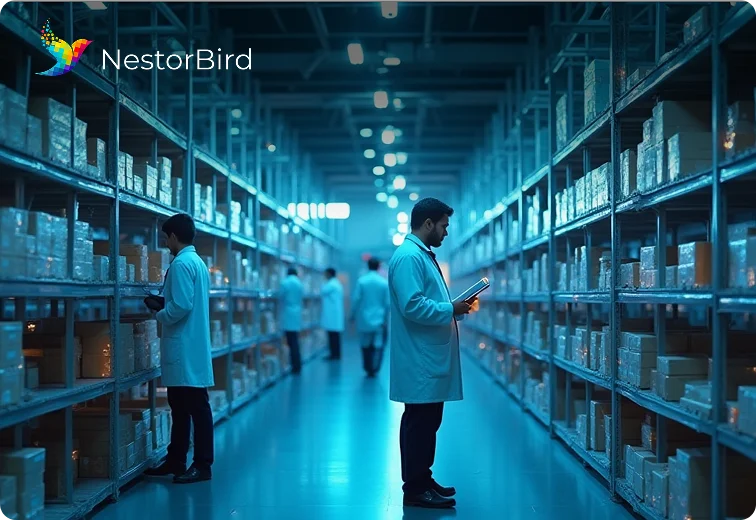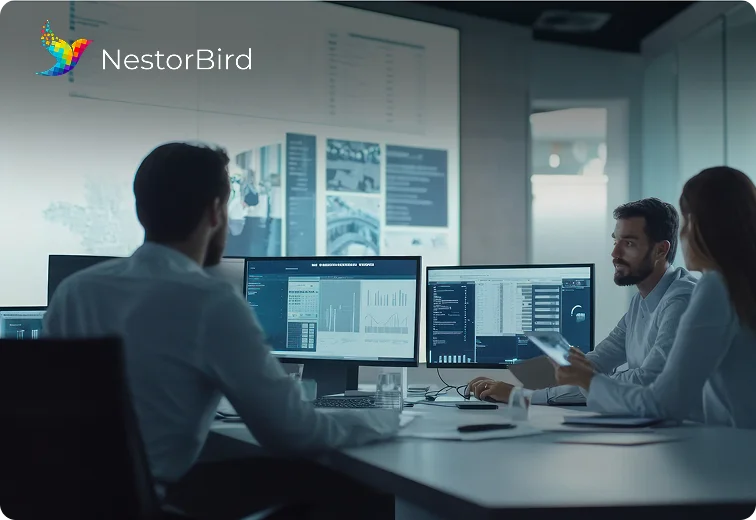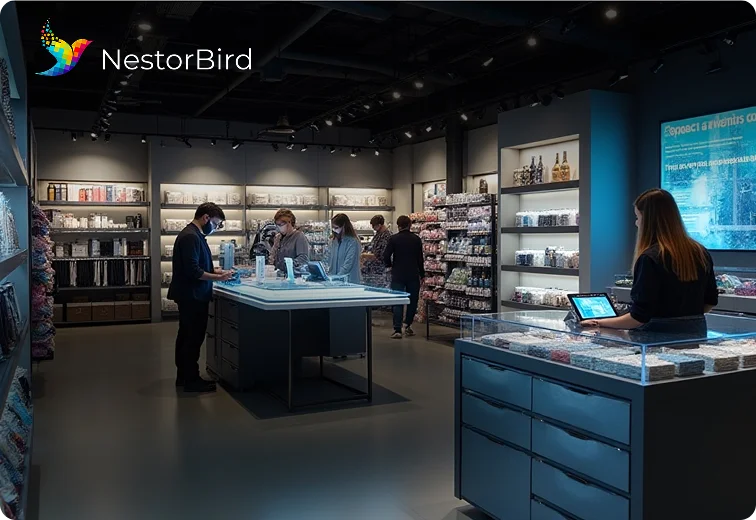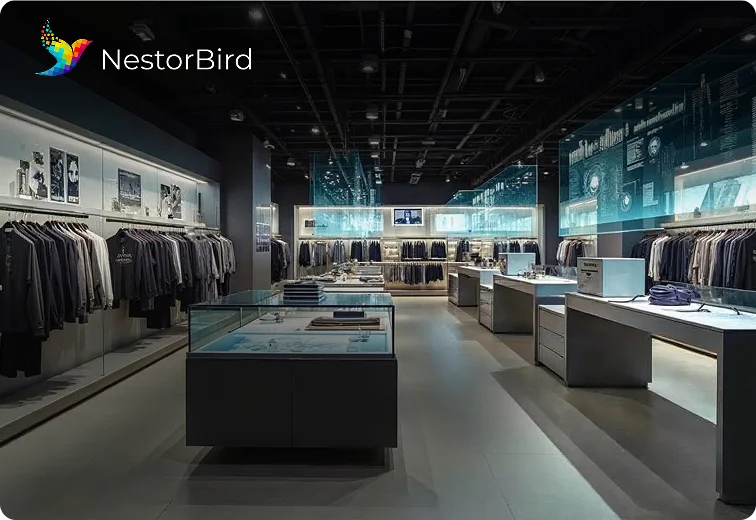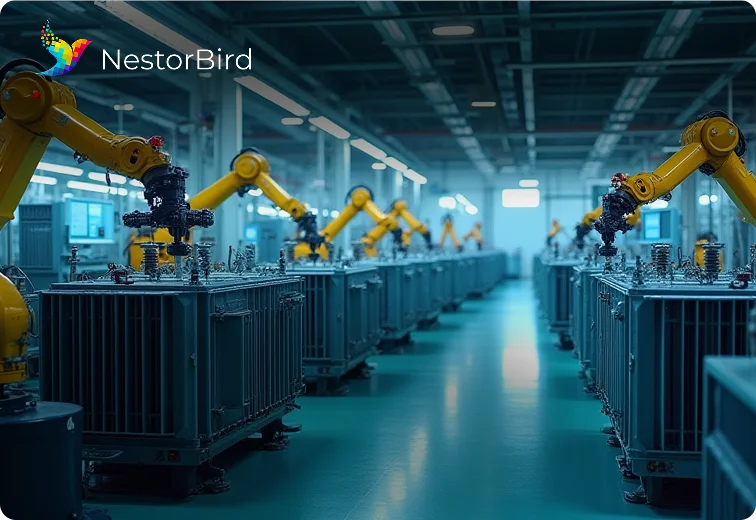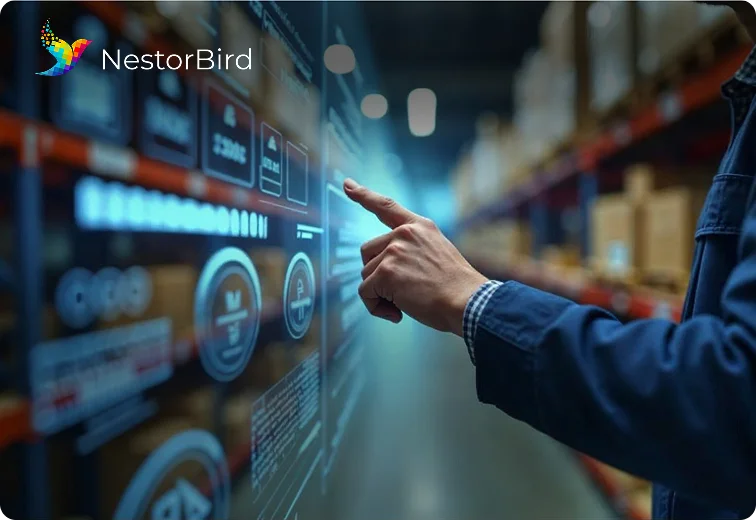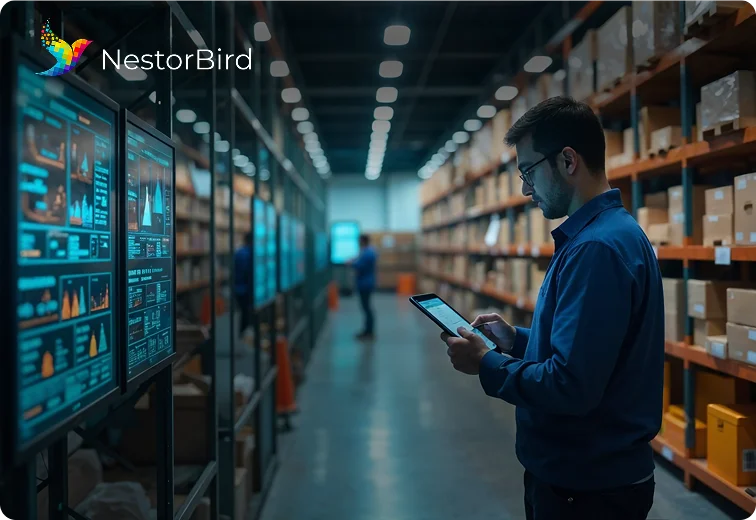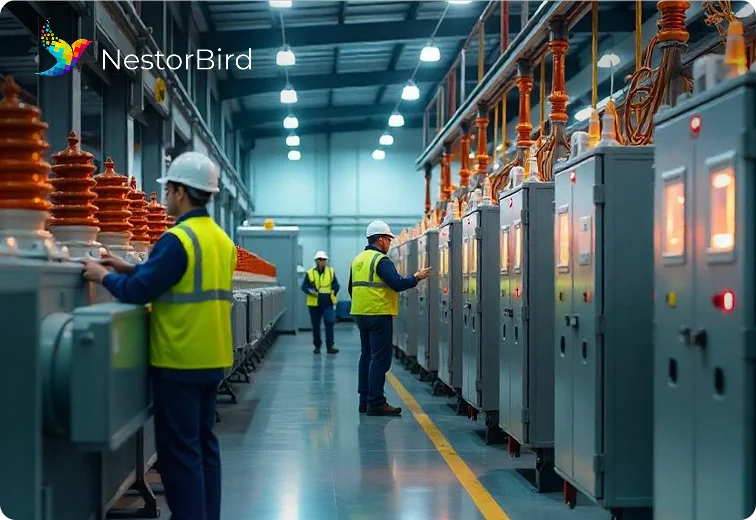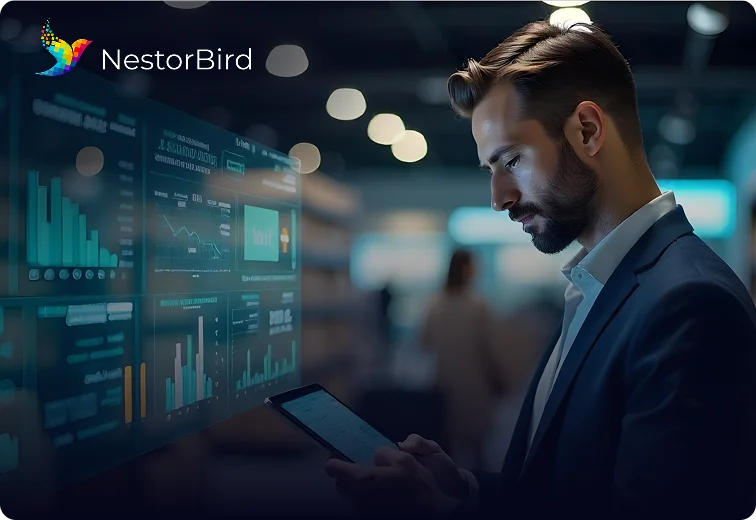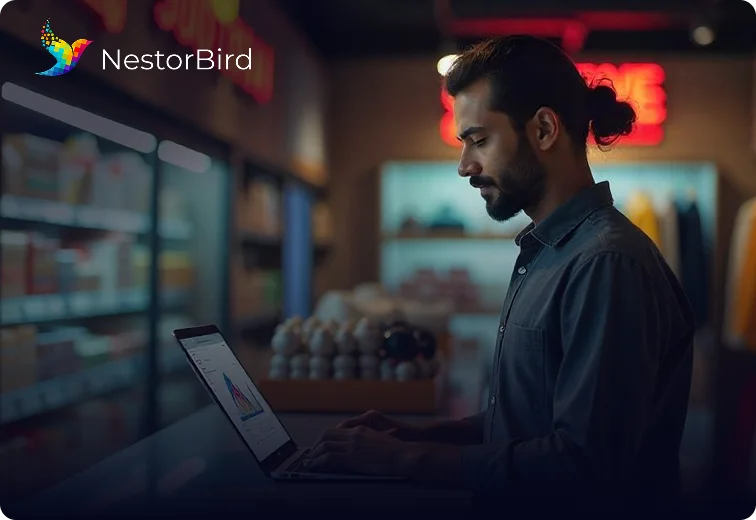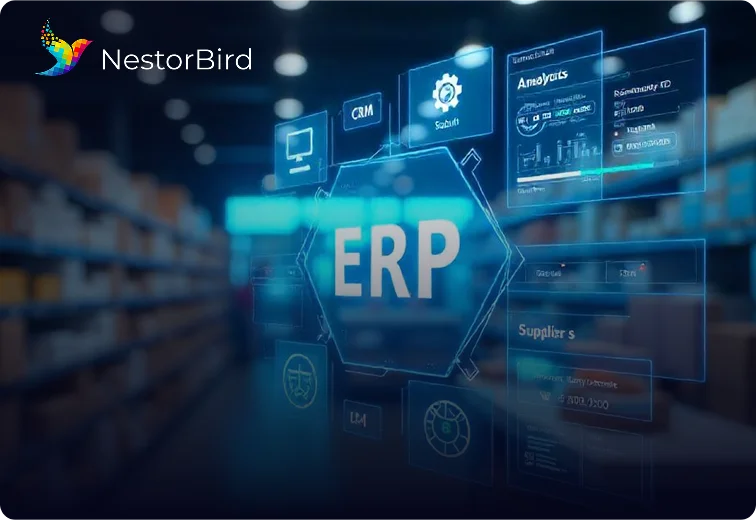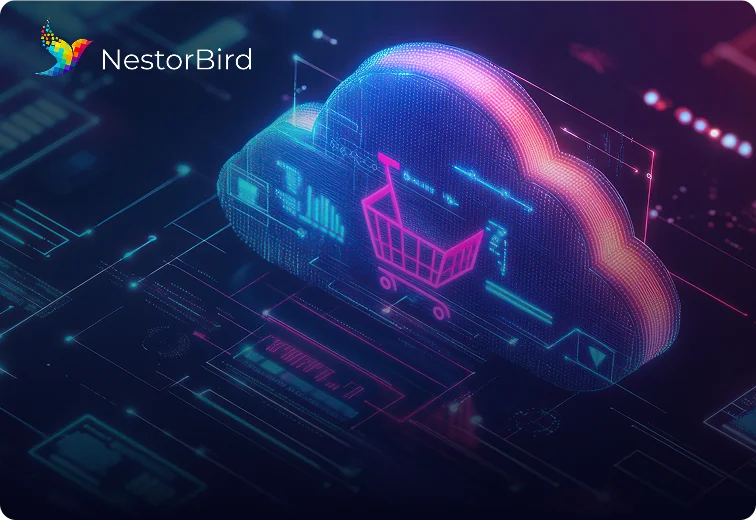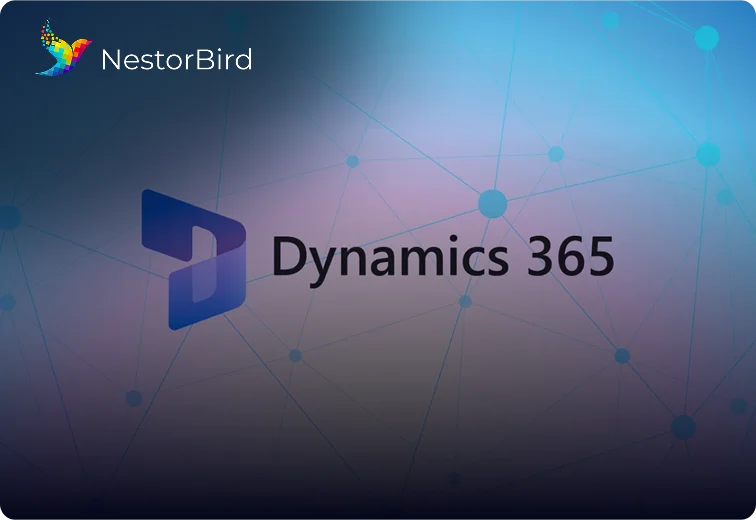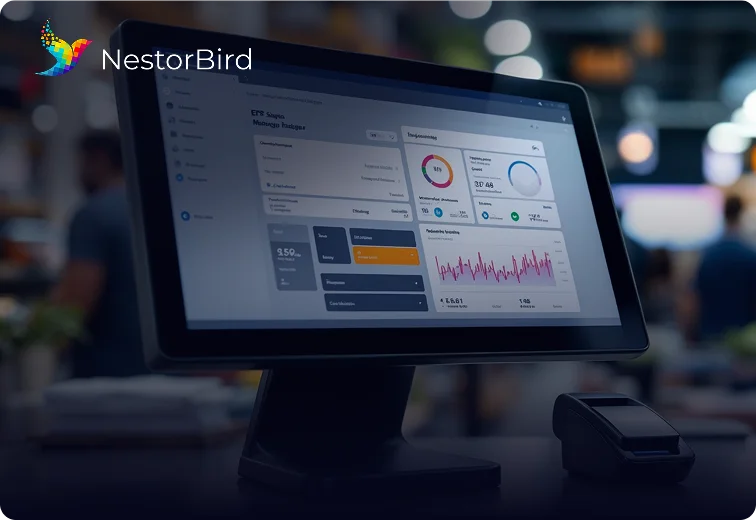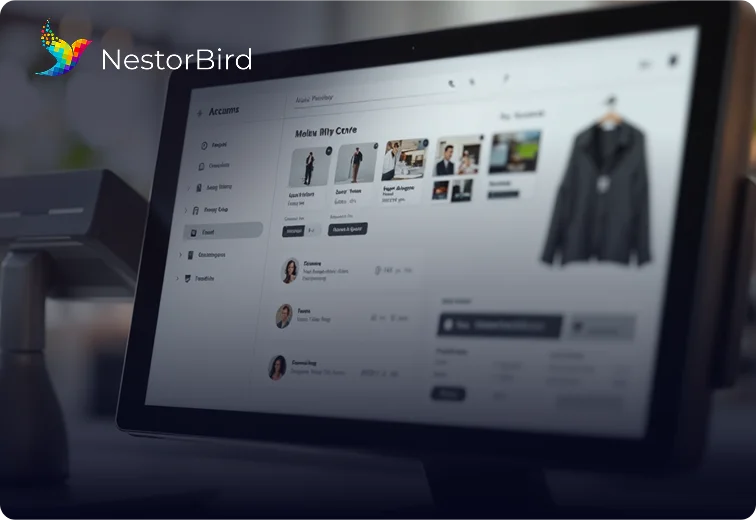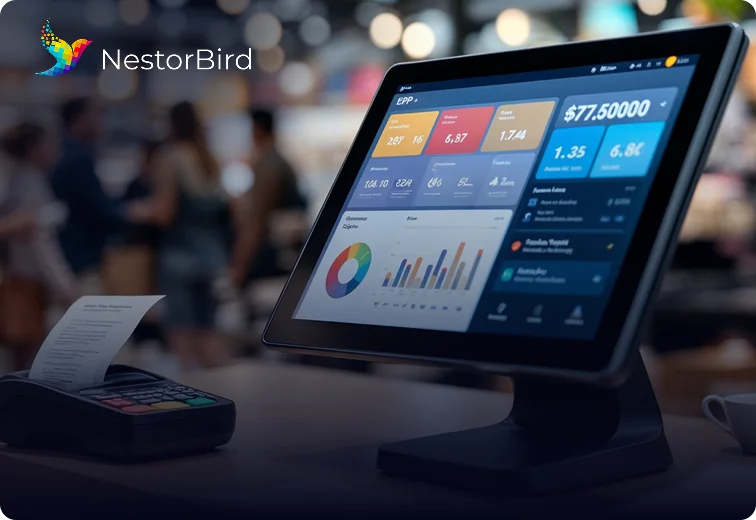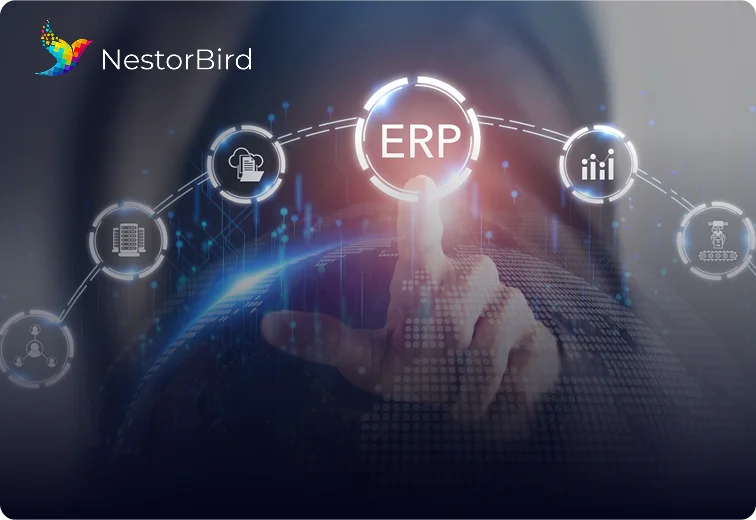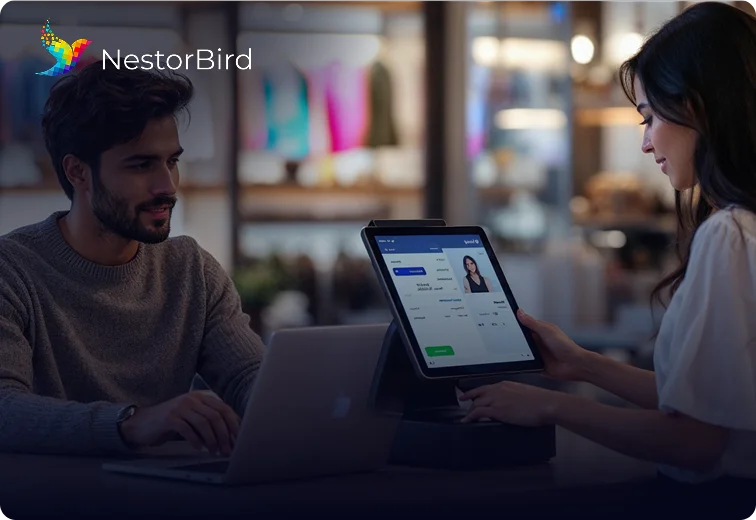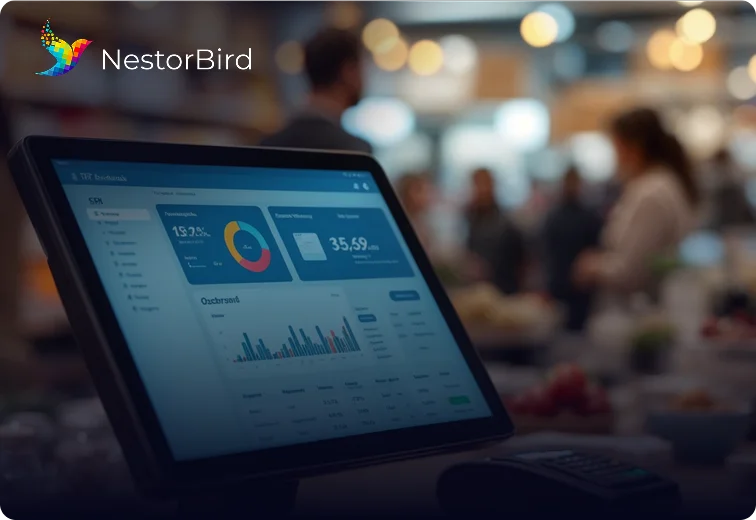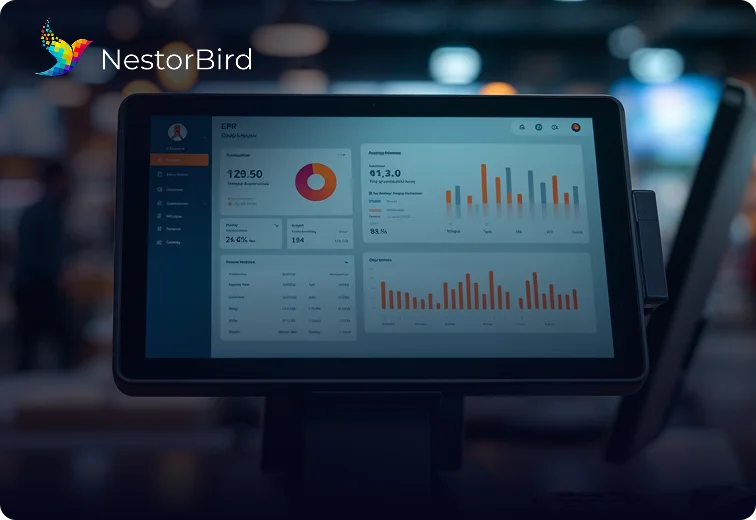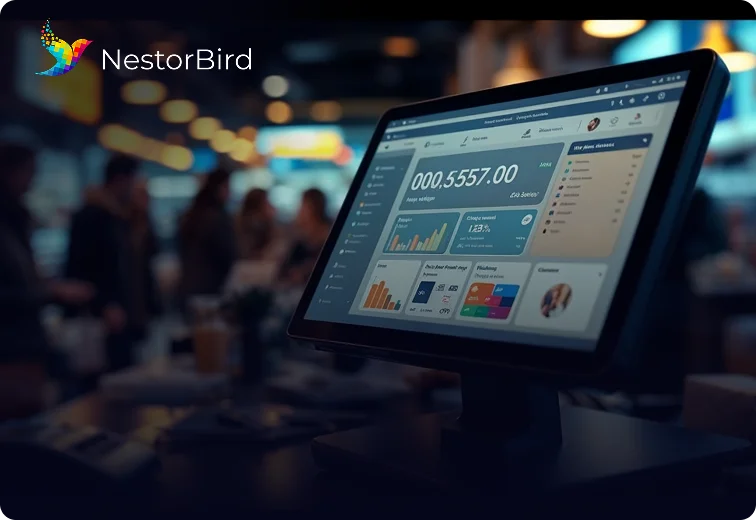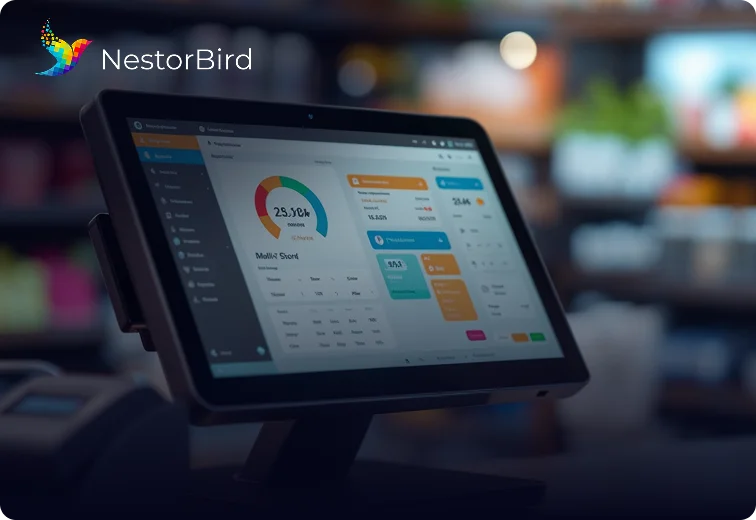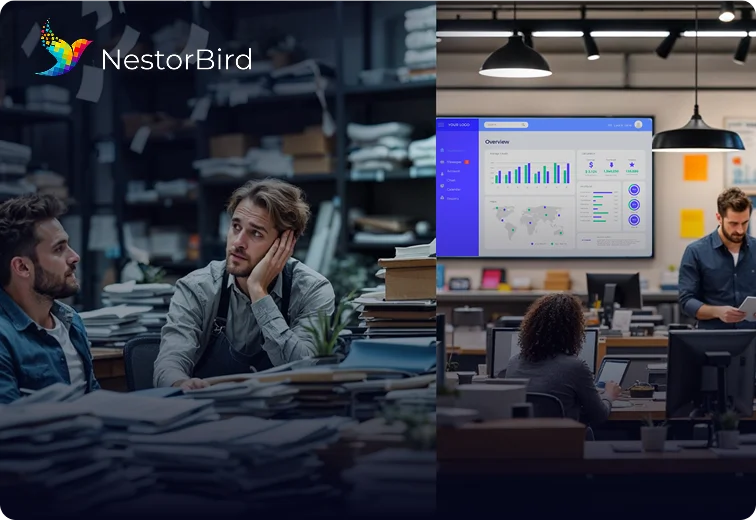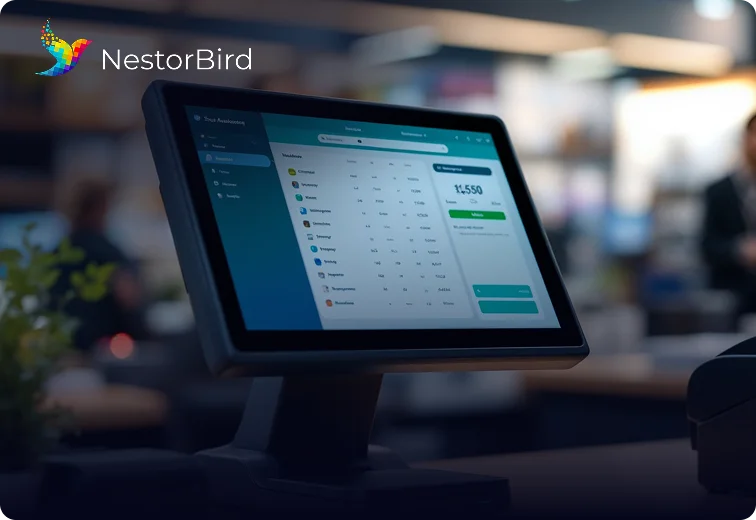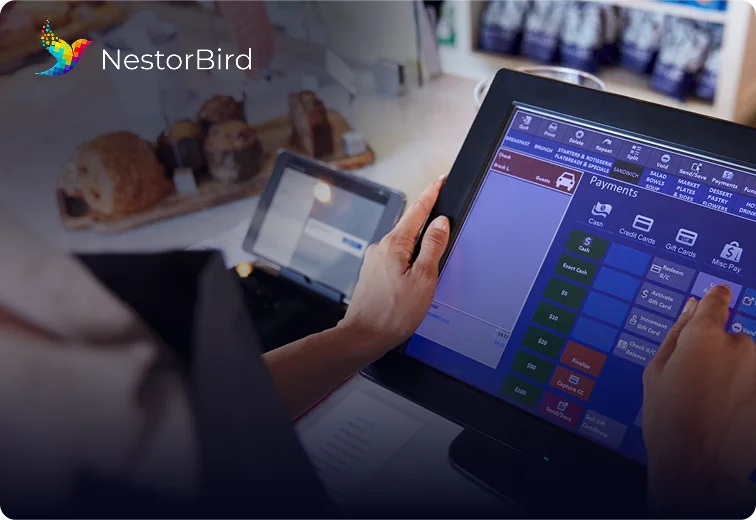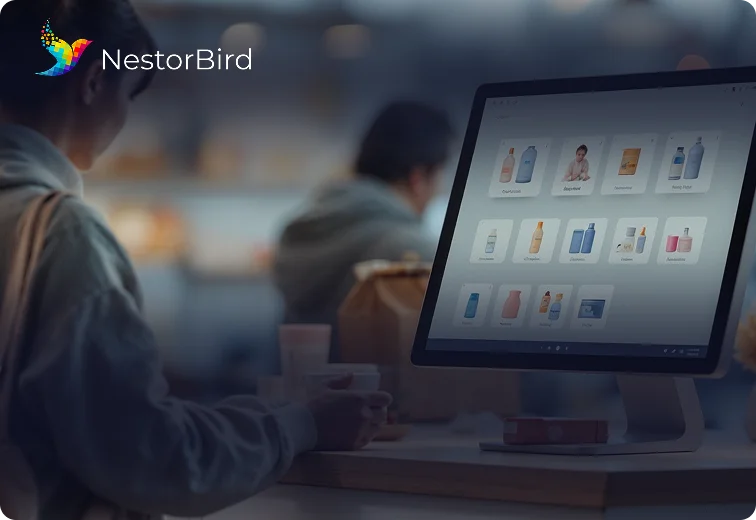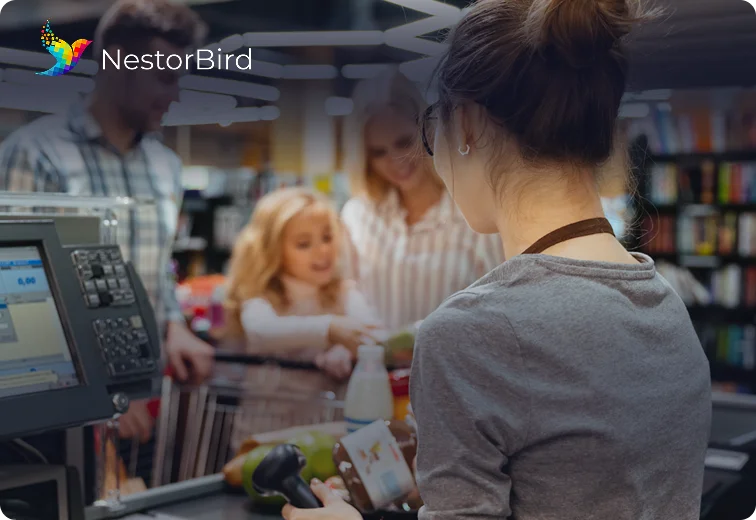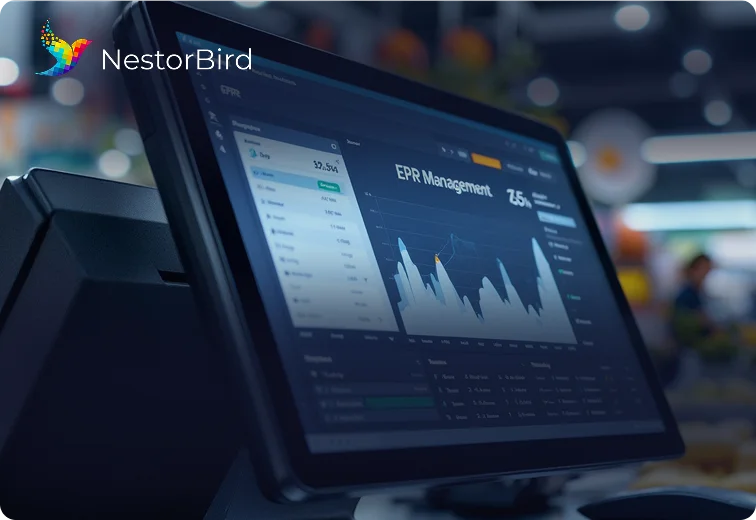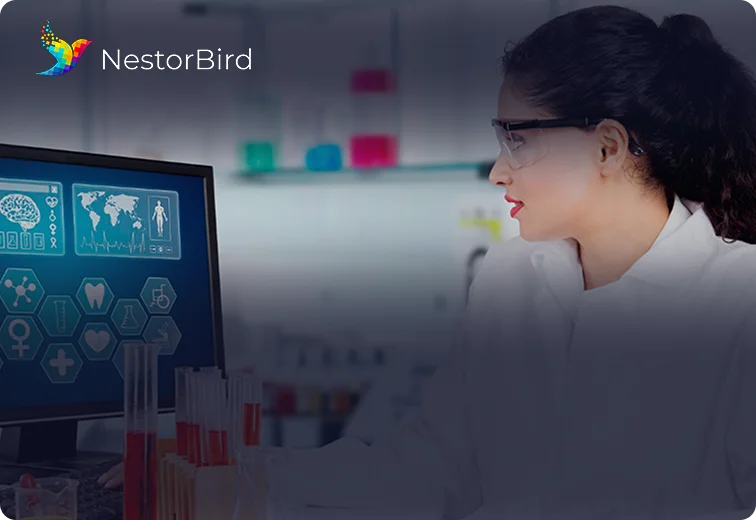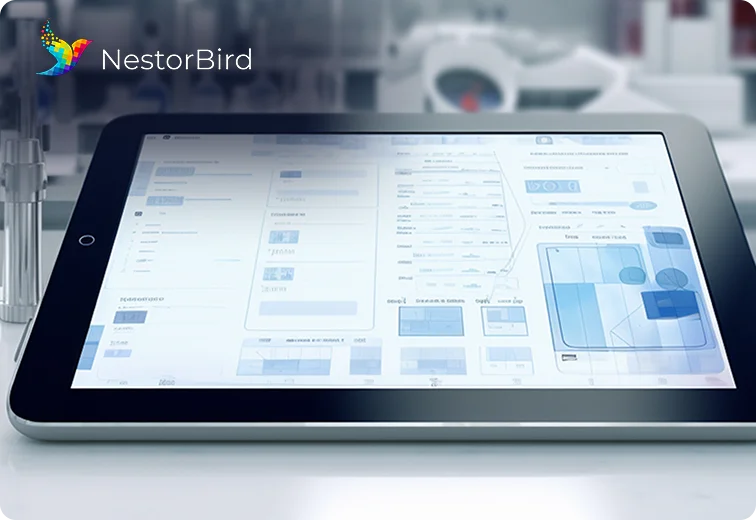Quick Summary
Retail ERP solutions are essential for every retail business looking to improve efficiency and customer satisfaction. These systems centralize data, automate processes, and provide real-time insights. By streamlining operations and enhancing decision-making, retail ERP solutions help businesses save costs, ensure compliance, and support growth in a competitive market.
Table Of Contents
Introduction
Whether you are a small business, brand, or a growing company, there are numerous challenges that you may face on a frequent basis. When you have to manage various aspects of your business like customer retention, inventory management, leading a team, and correlating your online and physical store, can all get overwhelming. To simplify and efficiently manage mundane tasks, every business needs to implement retail ERP software so they can focus on the growth and scale of their brand. In this blog, we will explore why every retail business needs a retail ERP solution to thrive in today’s competitive market.
Key Takeaways
Retail ERP solutions help centralize data for better organization.
They automate processes to save time and reduce errors.
Real-time insights improve decision-making and strategy.
These systems enhance customer experiences and satisfaction.
Retail ERP solutions support business growth and compliance with regulations.
7 Reasons Why Your Business Needs a Retail ERP Software
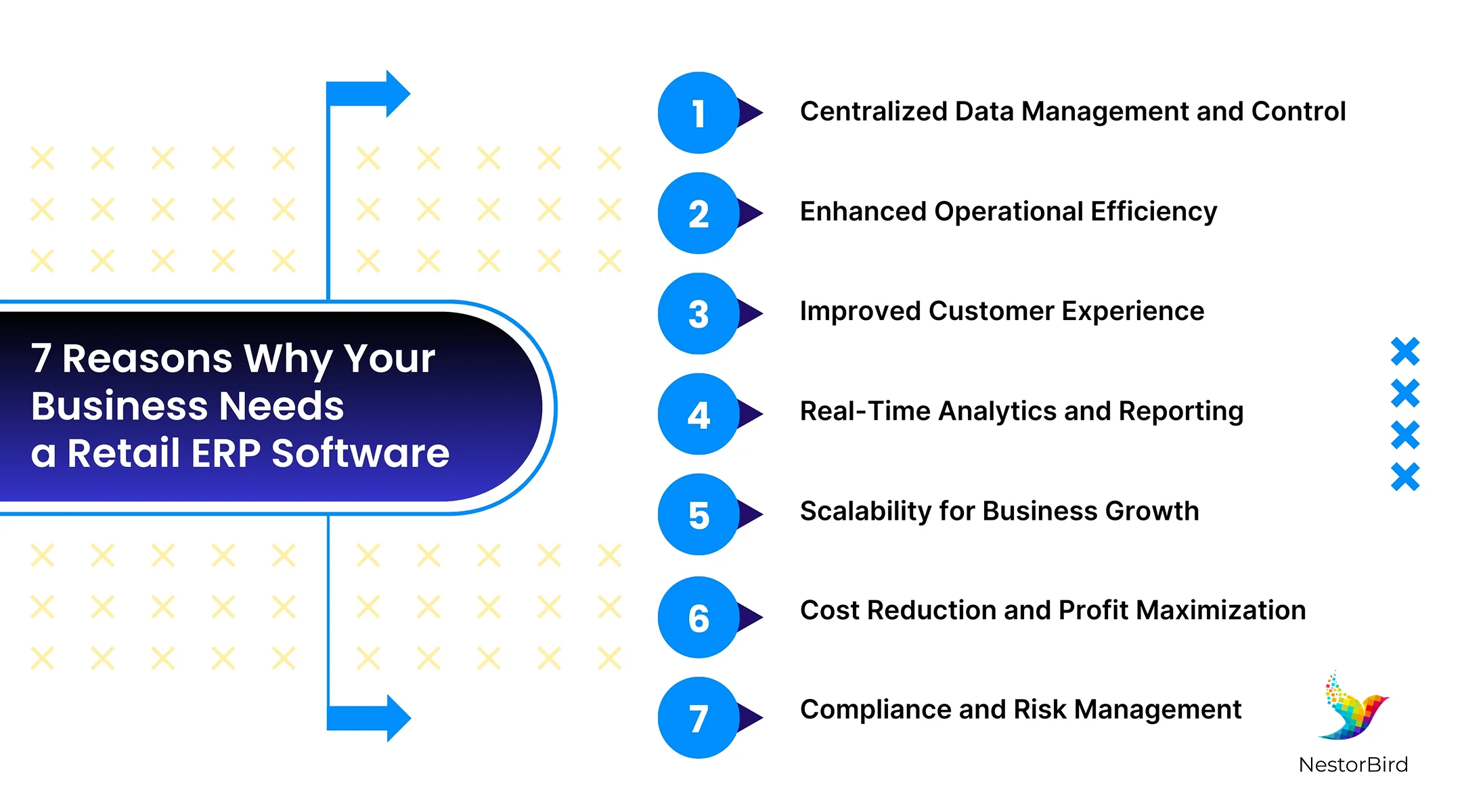
There are many reasons why implementing a ERP software for retail can be beneficial for your brand, especially if you want to manage mundane tasks efficiently and plan for growth and scale for your business.
1. Centralized Data Management and Control
ERP retail software helps businesses gather and store data from different sources in one place. This means all information about inventory, sales, and customers is organized and easily accessible.
This useful feature greatly helps employees to quickly find the data they need without searching through multiple systems, which in turn reduces errors and improves communication among team members. And with this accurate and up-to-date information from retail ERP solutions, businesses can make better decisions, manage stock levels effectively, and provide better service to their customers.
2. Enhanced Operational Efficiency Across Channels
Retail management ERP streamlines many important processes, including inventory management, order processing, and supply chain logistics, so by automating such regular tasks, businesses can save a lot of time and reduce their costs effectively.
For example, inventory management becomes easier as the system tracks stock levels in real time, helping to prevent overstocking or stockouts. This way, the order processing is faster since the retail industry ERP software automatically updates order statuses and sends notifications to customers. With this, supply chain logistics are also improved because the ERP system can manage supplier information and track shipments efficiently.
Stay updated on the Retail ERP Trends.
3. Improved Customer Experience
A simple, easy, effortless, and seamless customer experience is very important for businesses to have in their store. And when businesses invest in providing personalized shopping experiences tailored to their preferences and needs, the customers get more than they are looking for and convert into recurring loyal customers of your brand.
Retail ERP software for retail is essential as it combines customer information, like buying habits and preferences, into one central system. This integration helps businesses provide tailored promotions, personalized product suggestions, and smooth service at every customer interaction. The CRM features in retail ERP systems help retailers track customer interactions and respond quickly to their inquiries or concerns, leading to improved customer satisfaction.
4. Real-Time Analytics and Reporting
For businesses to monitor their business performance on a continuous basis, they need to keep track of various metrics, and real time analytics data, by continuously collecting and analyzing data across operations. With ERP software retail, businesses can efficiently monitor key metrics like sales trends, inventory levels, and customer behavior instantly.
With accurate and up-to-date information, retailers can make informed decisions based on data, like changing pricing strategies or restocking items before they run out. This improves sales strategies and provides better inventory management, minimizing waste and preventing lost opportunities.
Read more about ERP for Retail Business.
5. Scalability for Business Growth
When it comes to effective and steady business growth and scale, implementing a retail ERP system can make the process a smooth experience for businesses. An effective retail ERP solution centralizes processes like inventory management, sales tracking, and financial reporting, making it easier to handle increased demand as the business grows.
For example, businesses can expand into new markets or add sales channels without overhauling their systems. ERP software for retail industry features like real-time inventory tracking and automated workflows reduce manual effort and ensure consistency across locations.
Learn more about ERP Work for small Business & Medium Enterprise.
6. Cost Reduction and Profit Maximization
Implementing ERP retail software helps businesses save costs by optimizing resource allocation and automating repetitive tasks in their mundane tasks. For example, advanced inventory management features available in ERP software retail can help reduce overstocking and stockouts, reducing storage and procurement expenses.
The automated workflows can help remove any manual errors and improve employee productivity. ERP for Retail software also includes profitability analysis tools that track sales performance, operational costs, and margins in real time, so that businesses can identify inefficiencies and make informed decisions to boost profits.
7. Compliance and Risk Management
Businesses whether big or small, should effectively maintain compliance with industry regulations, with accurate financial reporting, and other factors. Retail ERP solutions can provide tools for tax management and auditing, with features such as real-time data validation, automated alerts for non-compliance, and detailed audit trails to reduce the risk of errors.
These strong data security practices, such as user authentication and access controls, safeguard sensitive customer and financial data,provided by ERP software for retail industry, make sure that businesses adhere to data protection regulations. These abilities help companies to stay clear of any fines, ensure transparency, and function to operate within legal guidelines.
Closure Note
Every retail business can benefit greatly from implementing a retail ERP solution. These automated systems help streamline operations, improve customer experiences, and provide real-time insights for better decision-making. That is why investing in a retail ERP system is essential for retailers looking to stay competitive, increase profitability, and meet the demands of today’s market.
Frequently Asked Questions
Retail industry ERP software includes features like POS integration, loyalty program tools, and multi-store inventory tracking, which generic ERP does not have.
Retail businesses need retail ERP solutions as it eliminates manual errors, help sync data across stores/online, and automates tasks like stock reordering, saving time and reducing costs.
Yes, most retail ERP solutions can easily integrate seamlessly with Shopify, and other platforms to sync orders and inventory for your business.
Some of the mistakes to avoid when choosing the right retail ERP system is not prioritizing retail-specific features like omnichannel support, and demand forecasting in retail industry ERP software.
Yes, retail ERP solutions use encryption, user access controls, and compliance tools to secure customer payment details, inventory data, and employee information, to effectively protect against any data breaches.


